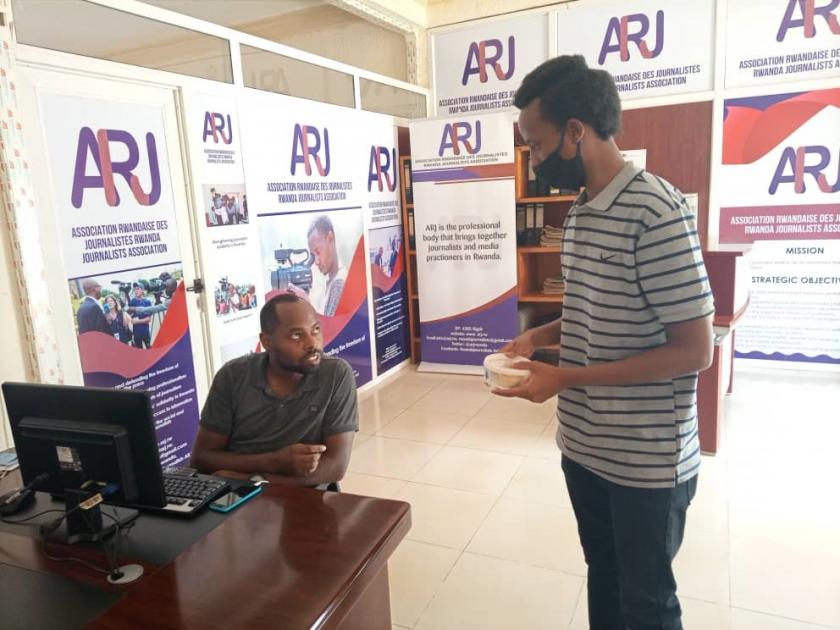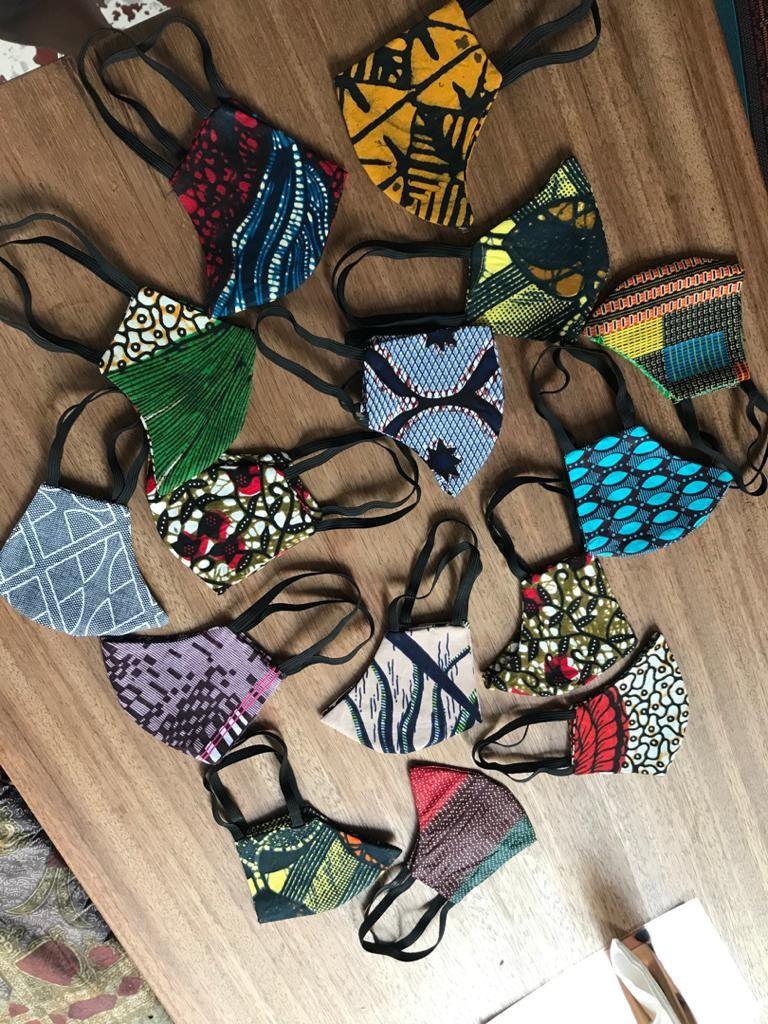
Despite Tough COVID-19 Engineered Odds, Some Are Making Money
For nearly a year, while many companies and individual businesses are hurting during the coronavirus pandemic, some small businesses are seeing lots of new and returning customers.
Businesses that facilitate people to socially distance themselves from others, retailers that enable people to eat and drink at home and health care services, online powered business are primary examples of thriving during these tough times.
Hygiene services
For Nelly Aline Uwineza, the CEO of Tropical Breweries when the pandemic emerged, she had already purchased equipment and was planning to start a wine producing factory in Kigali.
When government mandated regular hand washing and use of hand sanitizers while in public places and at home, Uwineza went to buy hand sanitizers from a pharmacy. She was shocked to find the prices had doubled from Rwf12, 000 to about Rwf28, 000 for a 50ml bottle.
The shock gave birth to a new business idea. As a scientist by qualification, Uwineza says she spent some days doing laboratory tests using imported Aloe Vera products and ethanol. A new product was born, which she says had the capacity to kill 90% of the germs and infections.
Uwineza put the wine plans on the back-banner. She began with producing 400 litres per day, but is now able to make 1,000 litres daily. “I don’t think I will ever stop this business,” she told this media outlet.
Basically, her idea is producing hand sanitizers and could keep over 3,000 women Aloe Vera farmers in their fields for the foreseeable future.
Today, Uwineza employs seven people, up from just one employee in April 2020 when the business opened.
At her factory at Gikondo, a Kigali suburb, Uwineza’s lowest paid employee earns Rwf50, 000 per month. Some are getting as much as Rwf400, 000 – which is a monthly salary of a university graduate in the private and public sector.
As 2020 closed, Uwineza was confident she had already getting a return on her investment. By the years end, she was supporting more than 60 women co-operatives producing Aloe Vera.
“Despite the tough competition as many hand sanitizer producers have emerged, I have no regrets. Actually, I have attained 70 percent of the plans I sent out to implement,” proudly says Uwineza.
Before the pandemic, FabLab, a franchise and innovation space, was busy training young people to produce hardware solutions. Today, it is making covid-19 face shields.
Danny Bizimana, one of the firm’s engineers and the General Manager, says it has, since April 2020, been producing at least 500 face shields per day. They have so far sold more than 40,000 pieces.
“The business has exceeded our expectations,” says Bizimana. Each face shield goes for Rwf2, 500.

Gustave Gahindiro makes delivery at the Press House, where the Association of Rwandan Journalists is located
Delivery Services
With many consumers afraid to leave their homes or being advised by government to shelter in places during the coronavirus crisis, professional delivery services have stepped up to make sure goods can be delivered to homes and businesses.
In the market, we know of household brands that do food delivery services, and other items.
Last month, Gustave Gahindiro, 28, launched ‘Rukundo Meat and Veggie Pie’. It is a mobile food items vending and delivery business.
He returned to Rwanda from South Africa where he had been studying but put off school amid financial constraints. Gahindiro uses the kitchen of his mother Peninah Uwimbabzi, a University of Rwanda lecturer, located in Kimironko where he operates a door-to-door personal pie delivery business.
Actually, the Rwf30, 000 starting capital was borrowed from his mother. Gahindiro wakes up earlier to prepare the pies and by 9am he walks or takes a taxi-moto from Kimironko to Remera sector (in Gasabo district), eyeing the existing large business community comprised of supermarkets, offices, pharmacies and restaurants around the Gisementi area in Kigali city.
“Many Rwandans don’t know pie, and mistake it for a drinking straw when I introduce my delivery. My target is middle class clients. I get more than 30 clients a day, in addition to deliveries to offices and supermarkets,” Gahindiro says with a smile.
Gahindiro says he plans to raise as much money to pay his student debt back in South Africa, then resume his studies. He says he will not abandon the business but, instead, plans to train people to keep it running in case he has to go back to school.
Creative industry awakens
With social events such as concerts no more, local clothing and modeling agencies have had to think outside the box.
Charlotte Shema, founder of ‘Touch of Rwanda Fashion Designs’, started out her fashion shop two years ago with only one sewing machine and a small space to operate from. The business had grown to 10 machines, using them to make face masks.
Shema makes 3 types of masks which cost between Rwf3,000 and Rwf5,000. To date she has distributed more than 2000 masks to companies, restaurants, and tourists and has recorded many more pickups from her store.
Shema says: “Touch of Rwanda will be making face masks until this pandemic ends. We make quality masks that have elastic edges. The demand is there including from local and foreign tourists who buy them as gifts for their families back home.”
Shema took advantage of the December loosening of restrictions to hold a fashion event for her clothing line, dubbed ‘ARISE’ at Onomo Hotels Kigali.
“I’m lucky I was able to put together such an event, which has been the only one so far,” she proudly says.
In July 2020, Shema started “Touch of Rwanda Sewing Courses” even in the hardest of time to train women so that life never stops, starting with 4 students, who come twice a week. Each of these trainees has different hours to study for keeping social distance. The sessions will last 3 months. Next month, a new intake is due.
“These courses helped me and my tailors to be occupied and have a little bit of income,” she says.

The big firms are also making money
While the economy has faced tough times for the entire year, the Rwanda Stock Exchange, the local bourse, attracted new listings and trading has boomed.
Two new companies South African owned cement maker Cimerwa PLC and health provider RH Bophelo Limited, also from South Africa, are on the bourse – reaching 12 firms, with more planned this year.
The bourse managed to trade Rwf313billion from January 1 to December 31, 2020 compared to Rwf199.28billion in the same period ending 2019 – which is a 57.08% growth.
Thus, although COVID-19 has negatively affected businesses with many closing down, some have coped due to the creativity of their founders and ability to deploy technology to survive.
